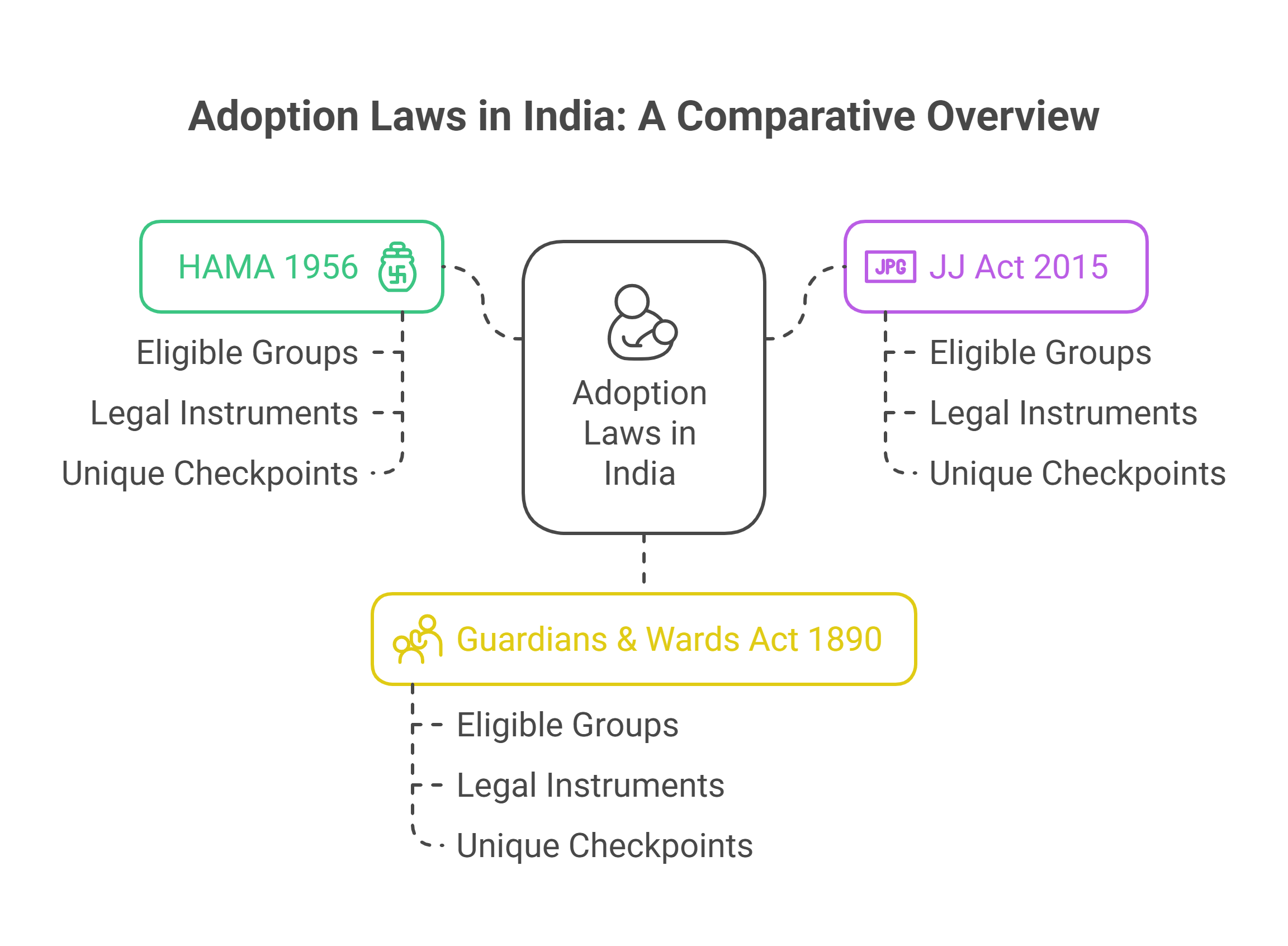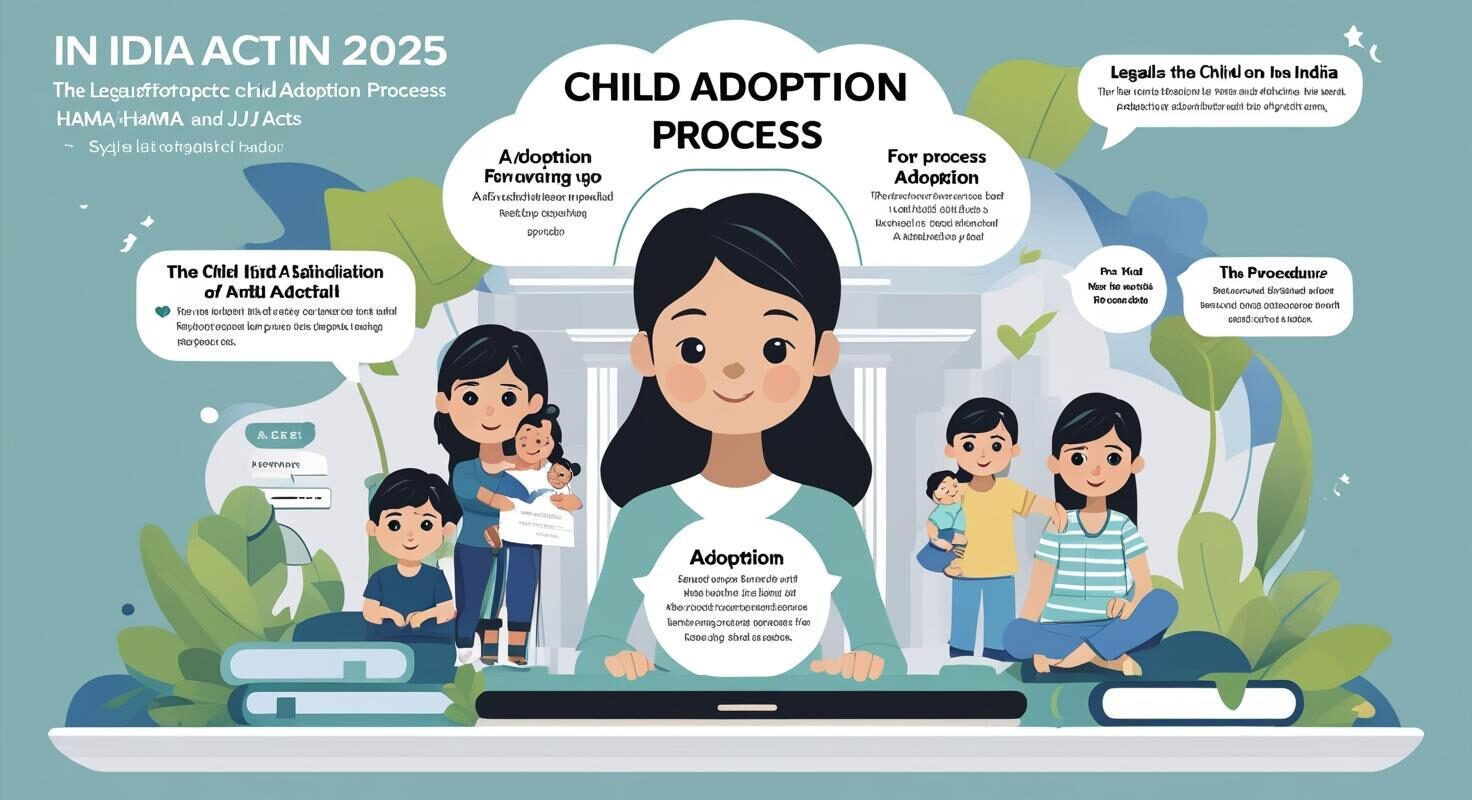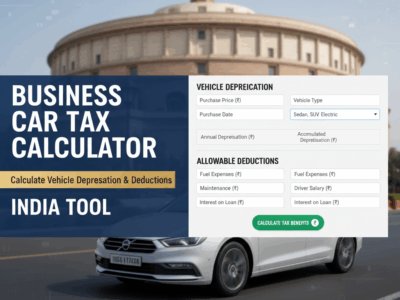Adopting a child in India now runs on two parallel tracks: the Hindu Adoption & Maintenance Act (HAMA) deed route for Hindus, Sikhs, Jains and Buddhists, and the secular Juvenile Justice (JJ) Act 2015 process—recently shifted from courts to District Magistrates—for all faiths, including inter-country applicants.
This guide distils the 2021 JJ amendments, CARA’s 2022 regulations and state-specific stamp-duty quirks into a single, step-by-step roadmap so prospective parents can navigate eligibility checks, document bundles and post-adoption reporting with confidence.

🏠 Adoption Navigator India
Your Complete Guide to Legal Child Adoption Process
📋 Profile Information
Let's start by gathering some basic information to personalize your adoption journey.
💡 Religion & Adoption Law
After the Shabnam Hashmi case (2014), the JJ Act provides a secular route for adoption available to all faiths. However, Hindus, Sikhs, Jains, and Buddhists also have the option to use the Hindu Adoption & Maintenance Act (HAMA) 1956. Your choice affects the legal process and documentation required.
👨👩👧👦 Marital Status & Family Details
🎯 Adoption Type & Preferences
ℹ️ Legal Route Information
JJ Act 2015: Requires CARA registration, social worker home study, and DM order. Post-adoption reporting mandatory for 2 years.
HAMA 1956: Requires registered adoption deed and DM order. Same-gender restrictions apply (can't adopt second son if one exists).
Guardianship: Provides custody but not full legal inheritance rights unless followed by JJ Act adoption.
📄 Additional Information
📋 Your Personalized Adoption Guide
✅ Eligibility Assessment
🛤️ Recommended Legal Route
📑 Document Checklist
⏱️ Expected Timeline
📞 Relevant Authorities
📥 Download Your Guide
Get your personalized adoption checklist and forms as PDF documents
⚠️ Important Disclaimer
This tool provides general procedural guidance based on current Indian statutes and CARA regulations. It does not constitute legal advice. Always consult a qualified advocate or the State Adoption Resource Agency before filing. The information is updated as of 2025 but laws may change.










